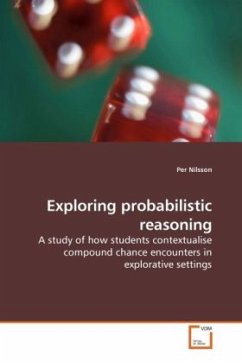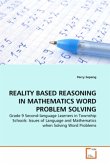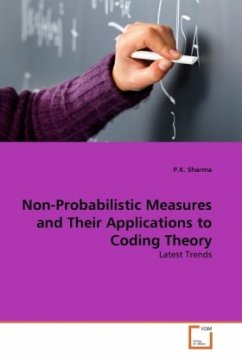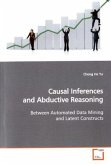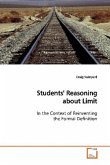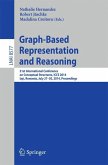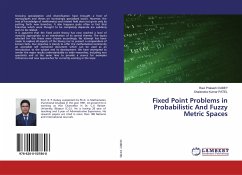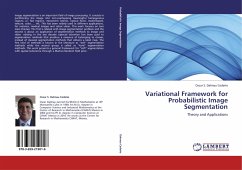Exploring probabilistic reasoning This thesis explores what learners with scant experience of formal theories of probability do and can do when dealing with compound random situations in which they are offered opportunities to integrate different probabilistic lines of reasoning. Three studies were carried out. In two of the studies 12 to 13 year- old students acted within a dice-game, which was based on the total of two dice. The third study examined 14 to 16 year-old students , dealing with ICT-versions of compound events viewed in a random-dependent ramified structure. The thesis suggests that probabilistic reasoning takes form through a process of contextualisation, i.e. through a compound process where the cognitive activity oscillates between interpretations and reflections about context, the focal event and new information that comes into play. This thesis reveals that students, prior to instruction, are able to devise ideas of an underlying probability distribution in thecase of compound random phenomena. The students bring into the discussion geometrical and numerical considerations, as well as arguments reflecting principles of the law of large numbers.
Bitte wählen Sie Ihr Anliegen aus.
Rechnungen
Retourenschein anfordern
Bestellstatus
Storno

